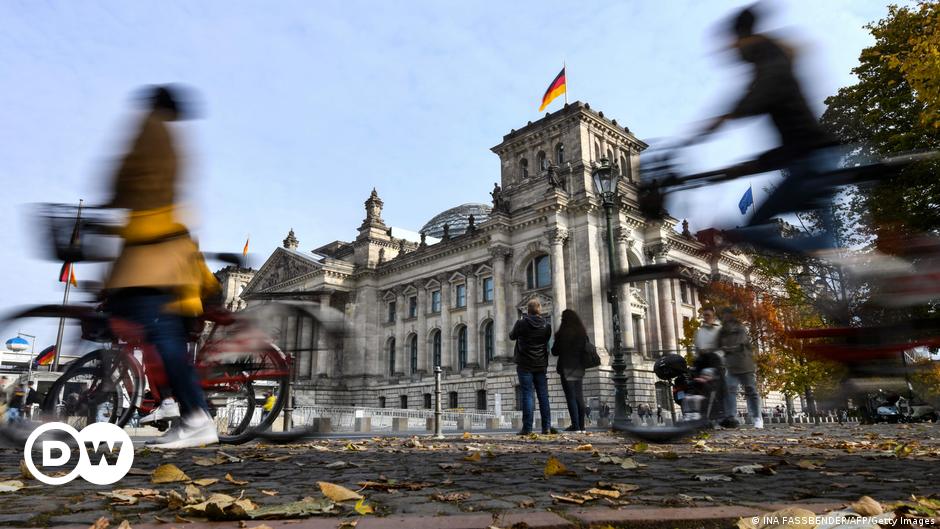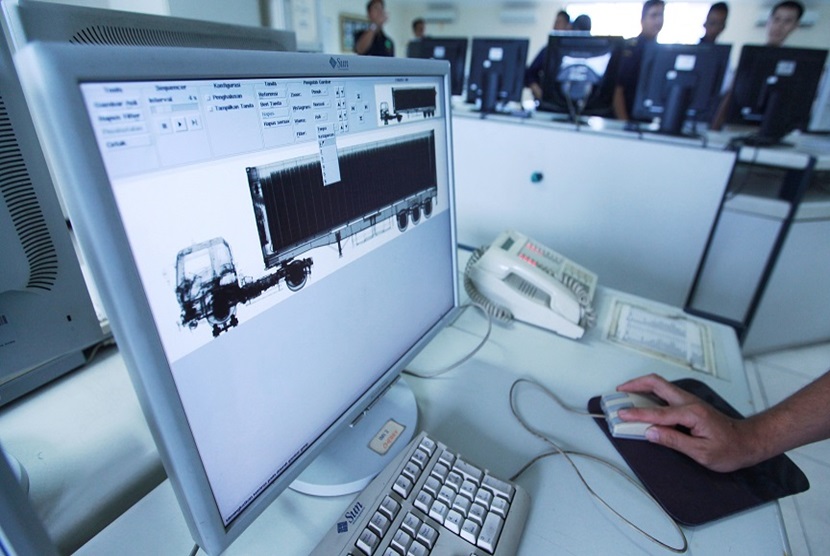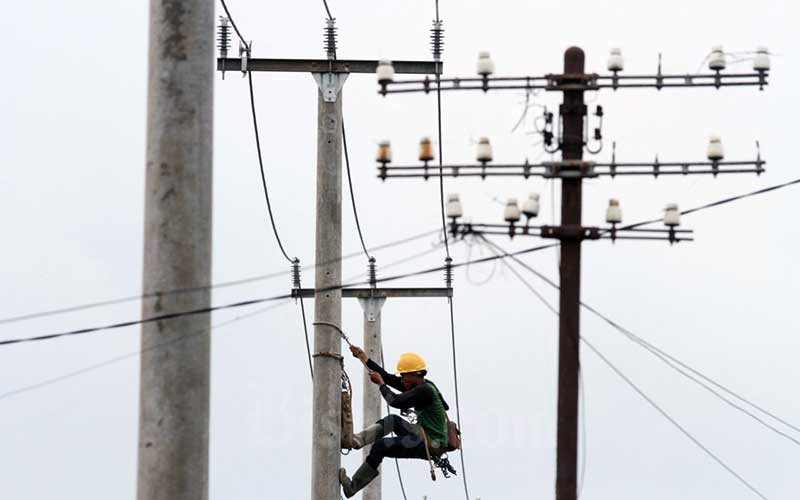[ad_1]
Germans have a more positive view of the role of the state than they did 30 years ago and consider it responsible for many areas of life, according to a new survey.
In the representative Allensbach survey carried out on behalf of the Frankfurter Allgemeine Zeitung (FAZ) broadsheet, 44% of Germans said they thought the state was “likeable” whereas only 18% considered it “unlikeable.” When the survey was first carried out three decades ago, the two views were roughly equal at about 34% each.
Asked which areas of life the state ought to be responsible for, the answer among almost all Germans appears to be: nearly everything. But crime prevention (94%), schools (94%), universities (82%), the economy (80%) and management of inflation (79%) came out at the top of the list.
A majority of Germans were also in favor of more state regulation of immigration (78%), the internet (69%) and food safety (66%).
There were only three areas where a majority of respondents believed the state shouldn’t get involved: balanced media reporting, healthy living and construction of housing.
Germany: little difference between East and West
Interestingly, and unlike in many other socio-political issues in Germany, the survey found little difference between eastern and western Germany, but rather between party affiliation.
While 70% of Green Party supporters and 53% of The Left Party supporters associated the state with largely “positive” things, 69% of far-right Alternative for Germany (AfD) voters associated it with “negative” things.
Even here though, it’s not a case of a traditional left-right political split, with more conservative opposition parties, the CDU/CSU, supporters seeing the state positively (58%) than supporters of the governing Social Democrats (SPD) (43%).
The FAZ puts this down to current politics and dissatisfaction with the current coalition government, made up of the SPD, Greens and business-focused FDP. The paper put the dissatisfaction down to party disagreements over the recent “heating law,” as it is colloquially known, stipulating new domestic heating systems must run on 65% renewable energy as of 2024.
‘We are all the state’?
Nevertheless, despite broad support for the role of the state, the survey still revealed that Germans don’t want an overly controlling state and that many think it is too involved in some aspects of daily life.
Asked whether they “had the impression that the state regulates more and more and interferes more and more in citizens’ personal freedom,” 61% concurred, while only 23% disagreed. Back in 2012, only 43% had agreed while 39% had disagreed.
Similarly, only 28% supported the idea that the state is primarily responsible for ensuring the well-being of citizens, with 51% saying that this is primarily the responsibility of the citizens themselves.
In conclusion, presented with the statement: “We are all the state and how Germany develops is up to the citizens,” the number of those in agreement has risen from 37% to 48%.
mf/sms (AFP, KNA)
[ad_2]
Deutsche Welle




